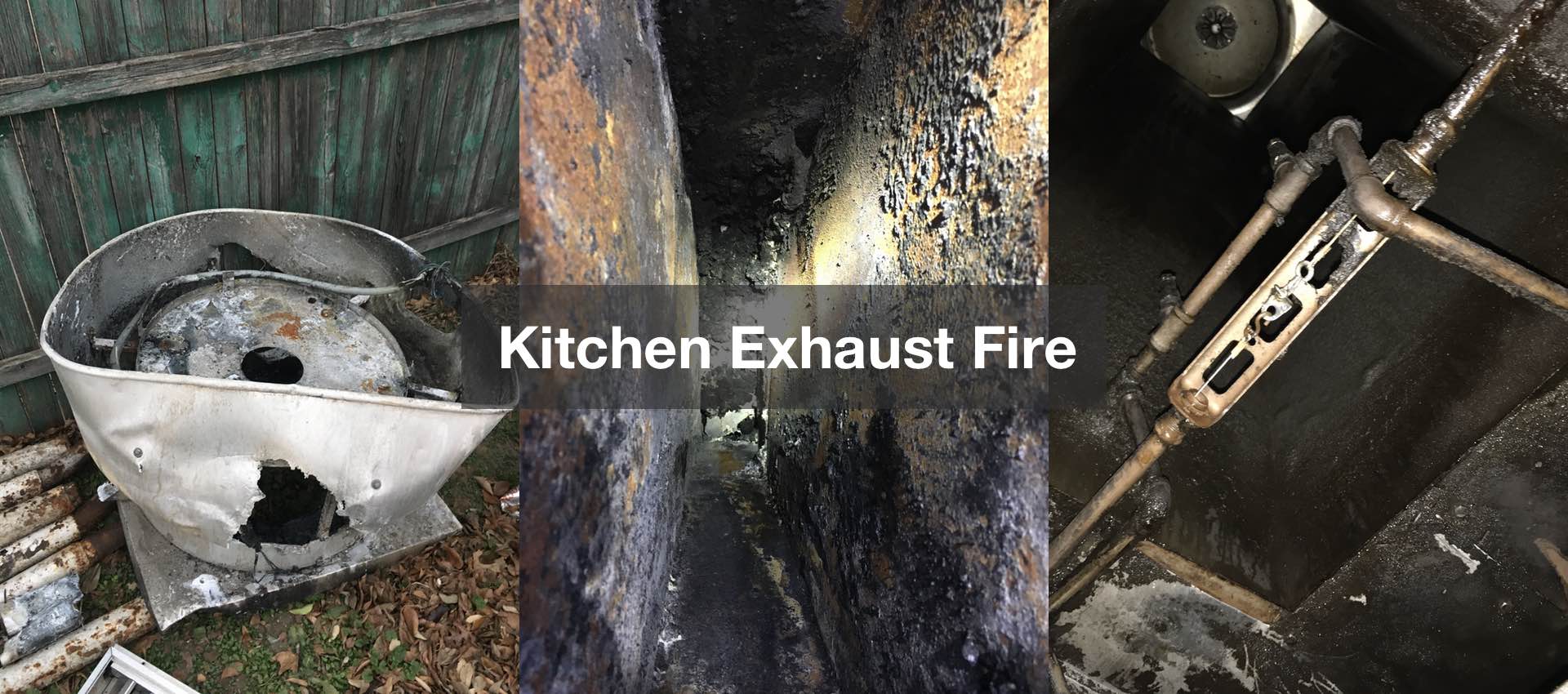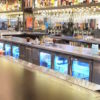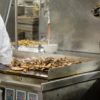Fires are a huge threat to restaurants with the potential to cause thousands of dollars of loss in damages and even loss-of-life. It’s very important that, as a restaurant manager or owner/operator, you know how to prevent fires from occurring in your establishment. With different types of fires stemming from various sources, it’s best to keep an eye on all potential areas of danger to ensure fire risks are kept to a minimum.
Prevention for General Fires
- Make sure that you install an automatic fire-suppression system in your kitchen. There are many different types that you can choose from, so choose one that works with your kitchen size the best. Remember that these need to be inspected at least twice a year.
- Keep portable fire extinguishers in the kitchen, as well as a few strategically hidden around the dining area. There are different types of fire extinguishers for different types of fires: Class ABC fire extinguishers are for fires involving paper, wood, textiles, and plastic. Class K extinguishers are for grease fires.
- Schedule routine maintenance and cleaning for your exhaust system and electrical equipment. Dirty or broken equipment is one of the main fire starters in restaurants, so make sure that you catch any problems as they arise. Find a certified commercial kitchen cleaning company to help.
- Make sure your sprinkler and alarm systems are regularly tested to be in working order. Have your sprinkler system inspected by a professional at least twice a year, and make sure you have back-up batteries for your fire alarms at all times.
- Do not procrastinate on making any repairs or changes in your fire prevention system. Fix any issues immediately.
- Make both the front of the house and kitchen as fire-safe as you can make it: try to stay away from paper and cardboard and use flame-retardant material for as many cloth items as you can.
Prevention of Grease Fires
- Make sure you have good grease filters. According to the NFPA, “Grease filters should be constructed of steel or a NFPA approved material, one that cannot be bent or crushed under typical operation and cleaning procedures. No mesh filters. They should be arranged so that all exhaust air passes through the grease filters, easily accessible and removable for cleaning, and installed at an angle not less than 45 degrees horizontal.”
- Always clean up grease from the equipment, floor, walls, anywhere it gets that aren’t the designated grease containers. Also be sure to regularly clean out your grease traps, to prevent an overflow and a potential fire.
- Be sure to inspect and clean your exhaust system regularly. HALO has many articles on exhaust system cleaning; check them out to see what you need to do!
Prevention of Chemical/Electric Fires
- Schedule regular maintenance on electrical equipment. Frayed cords or wiring and cracked or broken switch plates can be hard to spot, so get a professional to come in and take a look around. Also keep all combustible items away from power sources.
- Store all flammable liquids in the proper containers and in a well-ventilated area, away from the stoves or any source of heat.
- Be responsible with chemical solutions. Do not mix them unless directions say so, and even then make sure that the directions are not from a shady source. Clean up all spills and have a clean-up place you can send employees to is any gets on their skin.
Fire Prevention for Restaurant Staff
- Have an evacuation/emergency plan in case there is a fire and you need to get all customers and staff out of the building. Designate one employee to be in charge of dialing 911 and leading the evacuation.
- Make sure that employees know how to shut off gas and electricity, and that they are prepared to do so quickly and efficiently if need be.
- Train staff to know how to use a fire extinguisher. The acronym PAST (pull out the pin, aim at the base, make a sweeping motion, (be) ten feet away) comes in handy here. Also make sure that every employee knows where all fire extinguishers can be located inside the restaurant.
- All employees should know where the emergency exits are.
- The kitchen is not an appropriate place for burning cigarettes. Also, make sure all cigarettes are disposed away from grease or storage areas.
By keeping these guidelines in mind, you have already made your restaurant safer for your staff and customers. In addition to these rules, always keep in mind to check with your local fire prevention agencies for rules and reminders that are specific for your area. Read more about kitchen exhaust hood cleaning and good luck on your fire prevention!




